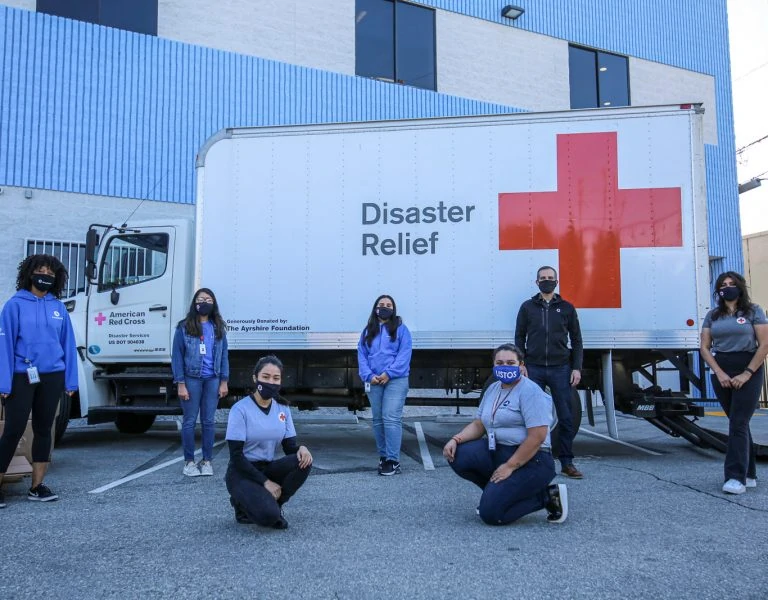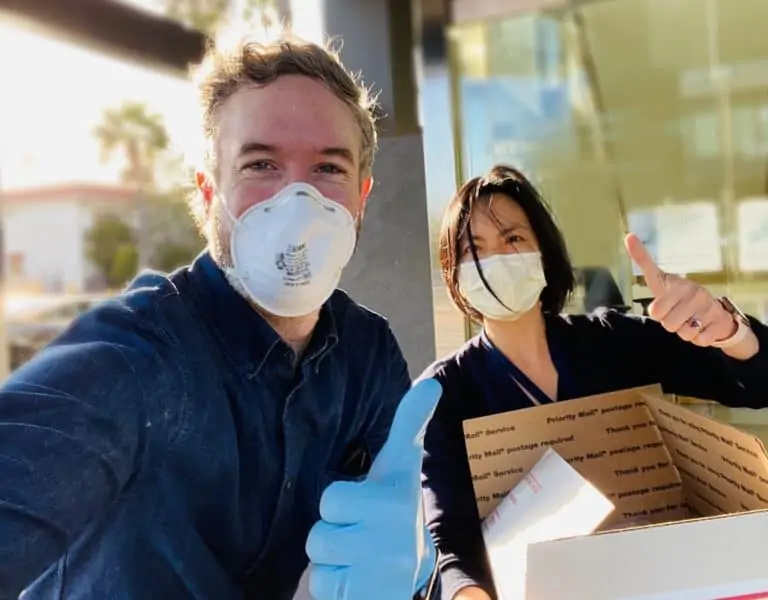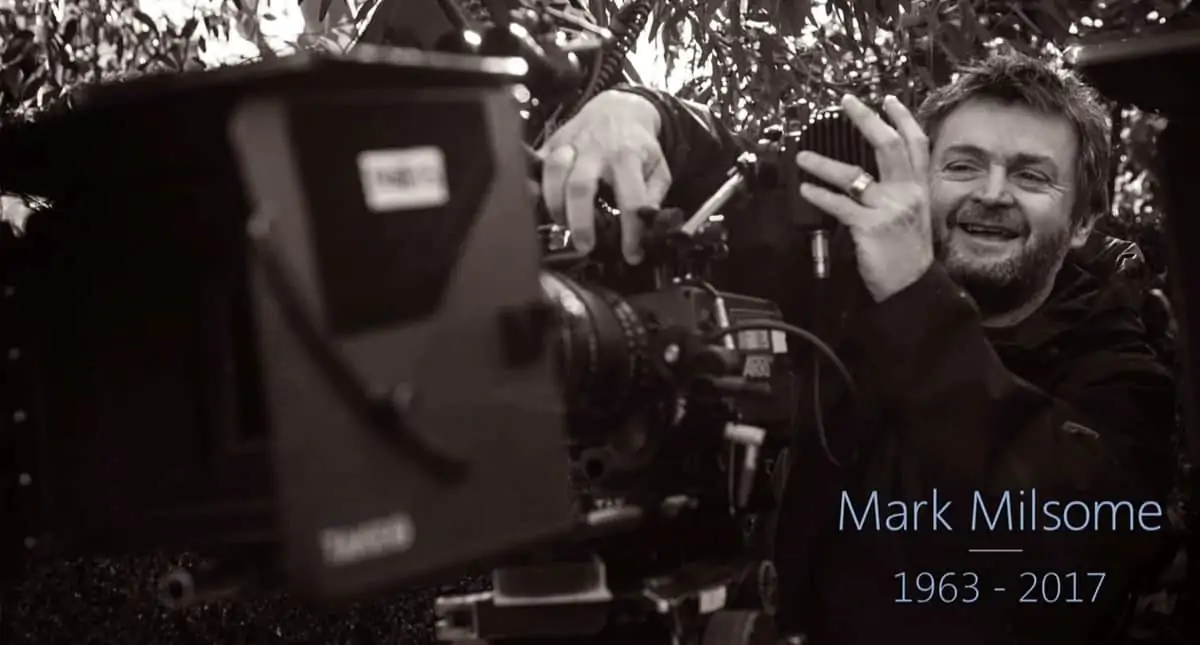THE STORIES BEING TOLD
Letter from America / Mark London Williams

The Stories Being Told
Letter from America / Mark London Williams
In his 1986 essay Novel Writing in An Apocalyptic Time, the late Walker Percy (who, ironically enough for our purposes, first came to fame with his novel The Moviegoer), notes, of a culture's storytellers, that "even in bad times, major writers had major roles," going on to note examples like Geoffrey Chaucer in the Middle Ages, Walt Whitman during the American Civil War, and others. "A people," he continues, "could be rallied, consoled, entertained, told stories to, or at least affirmed in their unhappiness. A dirge, a lament, even a jeremiad, implies an intact society. Signals," he said "signified."
Percy, however, was writing more about an emotional apocalypse, a kind of all-consuming ennui, rather than a literal one, even when talking about the kind of clarity that can come from living through actual catastrophe, citing an earlier generation's reference about everyone remembering exactly where they were, and what they were doing, when learning that John F. Kennedy had been shot. "(P)laces and things and people and even green leaves seemed to be endowed with a special vividness, a memorable weight." But the storyteller, he continues, is more interested in "the in-between times, the quality of ordinary Wednesday afternoons, which ought to be the best of times, but are, often as not, times when places, people, things, green leaves, seem to be strangely diminished and devalued."
Welcome, then, to our current precipice in the 21st century.
The challenge, in this era of pandemic, lockdown, caseload surges, first and second waves, and more, is how - when an "ordinary Wednesday" is now even less distinguishable from a Monday or Saturday - one can continue to access those stories that may or may not "signify" or cohere, in such times. Or more specifically for this discussion, how will those stories - the visual ones, coming now to a small screen near you (more about the large ones in a moment) continue to get made?
Yes, we know - ideally with crews gathering together to light, design and film the movements of actors, before handing off their memory cards to the post-production folks to finish up the set extensions, digital makeup, and green screen work. But how often, in how many places, can crews - of a limited size - keep getting together to do their work?
Even if the the crew of The Batman is currently back at work again after star Robert Pattinson came back after his own Covid diagnosis, how many of these tentpole films can continue to be made on any regular basis, to fill the great maw for stories, that will, if not signify, at least entertain.
Except, by "maw," we mean those at-home screens you've already been spending lockdown time with. The theatres, who rely on those blockbusters, sit mostly idle, of course, certainly here in the land of Hollywood. Tenet gave it a try, but there weren't too many willing to risk their own Pattinson-like diagnosis to go see it out in the wild. And rumors continue to abound that eventually the likes of Amazon or Netflix will be left to scoop up the husks of bankrupt theatre chains, to eventually extend their online brands and fare further out into the physical world.
Other rumors on the exhibition side held that MGM would pull a "Disney," and like that studio did with Mulan, and will be doing with Pixar's Soul this holiday season, steer its lone Bondian ace-up-its-sleeve to a streaming platform - for the right price. The studio now insists, however, that we'll be getting 007 in theatres, after all, this spring.
But will we? And which theatres? And will enough people feel like taking the risk - for indeed, mundane tasks now feel risky, though that may not be the kind of "vividness" Percy had in mind (or maybe it was) - to go see it?
Or will they… wait for it to stream?
And even as more features migrate over for "home viewing," how many will continue to be made? It may be safe to watch them at home, but when will it be safe to keep making them?
The Hollywood Professionals Association has had a series of streamed gatherings and panels on this very topic, "Industry Recovery Town Halls," and in their latest, Kurt Miner, a certified Covid-19 Compliance Officer and Chief Operating Officer, for the Entertainment Safety Company, noted that "more people are working remotely," a process which lends itself more to post-production than production itself, "but we still have Covid protocols in place," meaning that even working conditions in one's home, or office - especially if small groups of people are involved - may find themselves facing a wall instead of each other, for example, or "with a curtain between them."
But will that be enough to slow the coming rebounds of positive virus tests?
Lori McCreary, a Past President of the PGA, notes that even when there are crews at work, however skeletal, studios will have to add 20 - 30% more time to schedules. "They're not used to thinking in Covid. Lunch is going to take longer," she offers as one example - with crews remotely spaced or eating in shifts (since no one can eat on sets anymore), possibly with deep cleanings between servings.
Just one example of how even the small mosaics in the bigger picture will change.
Stories may signify, even, perhaps especially, when times are hard, as Walker says. But if we want the filmic and streaming kind, we're going to have to start "thinking in Covid," as well. And even if we still don't know what that will ultimately mean, with so many unknowables, "these are the days that must happen to you," as Whitman, one of those chroniclers in the midst of hard times, once wrote.
If only any of us - in the film community and beyond - knew how long they were going to keep happening.
Meanwhile, Americans go to the polls at a rather stark and definitive juncture in this country's "story." The initial results of that vote-casting will be in the rear view mirror by the time this runs (though remains a few days ahead, as this is being written), and of course, will have its own definitive role on how, or even if, showbiz recovers to anything like its previously recognisable form.
The days that must happen, indeed.











